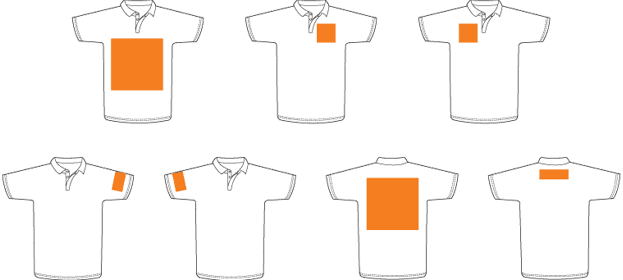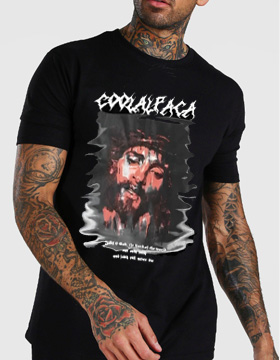Can I Sell Custom-Made Clothing and Brand It? Finding the Right Suppliers
Top 5 Hoodie Manufacturers in China: Your Guide to Quality and Customization
Why Finding the Right Supplier Matters
In the world of custom-made clothing, your supplier is your backbone. They influence the quality, cost, and reliability of your products, which directly impacts your brand’s reputation. Whether you're a wholesaler or an aspiring brand merchant, sourcing the right supplier ensures a strong foundation for your business.
How to Find the Best Clothing Suppliers for Your Custom Brand
Finding a reliable clothing supplier involves researching manufacturers, evaluating product quality, and building strong relationships. Look for suppliers offering flexibility for small businesses, competitive pricing, and consistent quality to ensure your brand thrives.

Starting your own custom clothing line may seem overwhelming, but with the right steps, you can create a profitable and recognizable brand.
1. Types of Clothing Suppliers for Custom Brands
When selecting a supplier, you need to decide what type of partnership suits your business:
· Local Manufacturers: Ideal for high-quality garments, faster turnaround times, and small-batch production. They often have higher costs but provide better communication and control over the process.
· Overseas Manufacturers: Lower costs and scalability for larger orders. Common countries include China, Bangladesh, and Vietnam, which are hubs for bulk apparel manufacturing.
· Print-on-Demand Services: Perfect for small-scale operations. These suppliers, like Printful or Gelato, handle both production and shipping based on orders placed.
2. Steps to Find and Vet Clothing Suppliers
To find the perfect supplier, follow these steps:
Step 1: Research Options Online
Directories: Use platforms like Alibaba, ThomasNet, or Kompass to search for global suppliers.
Fashion Trade Shows: Attend events like MAGIC Las Vegas or Texworld USA to meet manufacturers in person.
Networking: Join forums and LinkedIn groups in the fashion industry to connect with trusted suppliers.
Step 2: Assess Their Expertise
Does the supplier specialize in the type of clothing you need (e.g., activewear, formal wear)?
Can they handle customizations such as embroidery, logos, or unique designs?
Step 3: Request Samples
Order product samples to evaluate the fabric quality, stitching, and overall craftsmanship. This step is crucial to avoid unpleasant surprises later.
Step 4: Review Minimum Order Quantities (MOQs)
If you're a small brand, look for suppliers with low MOQs. Many large-scale manufacturers have MOQs starting at 500–1,000 pieces per style, while some local suppliers may offer smaller batches.
Step 5: Negotiate Terms
Discuss:
Production timelines.
Payment terms (partial payments or full upfront).
Return policies for defective items.

3. Red Flags to Watch Out For
Be cautious of suppliers that exhibit these warning signs:
Unrealistic Pricing:
Extremely low prices may mean compromised quality.
Poor Communication:
Delays in responses can signal reliability issues.
No Verified Reviews:
Lack of positive reviews or testimonials is a red flag.
4. Top Platforms to Source Clothing Suppliers
Here are trusted platforms to connect with clothing manufacturers:
Alibaba:
A global marketplace for sourcing bulk apparel at competitive prices.
Printify and Printful:
Great for print-on-demand services, especially for small brands.
Maker’s Row:
Focused on U.S.-based suppliers for ethical and local production.
Indie Source:
A full-service clothing manufacturer offering design and production support for custom brands.
5. Questions to Ask Potential Suppliers
When you narrow down your list, ask these key questions:
What are your lead times?
Ensure they align with your production schedule.
Can you handle seasonal surges?
Flexibility is critical for growth.
What are your quality control processes?
A robust quality-checking system reduces the risk of defective products.
Do you offer white labeling?
If you’re creating your own brand, the supplier should allow you to use your own labels and packaging.

Summary
Finding the right clothing supplier is the cornerstone of a successful custom clothing business. By researching thoroughly, requesting samples, and building strong relationships, you can ensure that your products meet your brand’s standards. Ready to source your supplier? Start with small orders, assess the quality, and grow from there as your brand gains traction.


